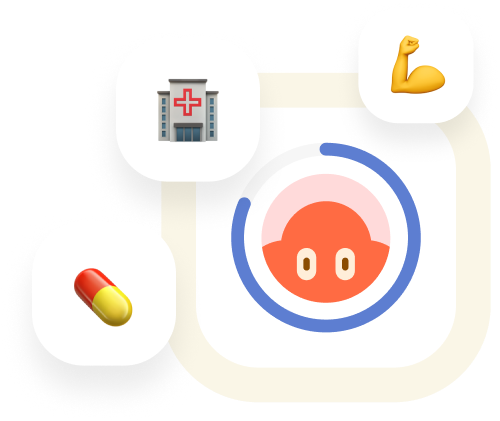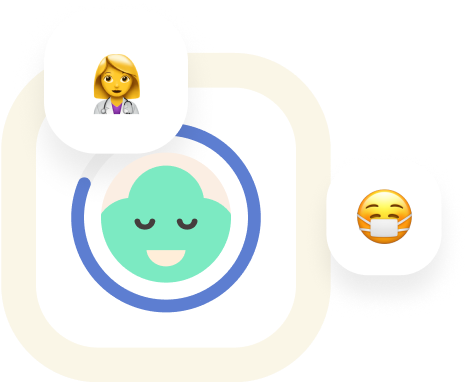On Friday, April 13th, 2018, my mom suffered a massive heart attack. She'd been hurting for months prior, but we filed it under typical ailments. She had no signs of heart disease; we had no reason to suspect anything.
She staggered into the living room and told me to call an ambulance. Paramedics arrived quickly, thankfully while she was still conscious. She explained as best as she could through garbled breaths. The paramedics instantly suspected congestive heart failure.
My mom was whisked to the hospital in a neighboring town. Ronnie and I followed the ambulance. Once at the hospital, we were told she'd suffered a major cardiac event. My grandmother, aunt, Ronnie, and I were offered paperwork permitting the use of TPA. TPA is a drug used to burst blood clots, but it can often be fatal. My mom survived the TPA.
The situation worsened. My mom was deteriorating and had to be transferred to a cardiac center two hours from home. She was air-lifted to the center, at which she was estimated to arrive in twenty minutes. My family, however, faced a long, quiet two-hour drive.
Upon our arrival, the center was quiet and dark. We were instructed to head to the second floor, however, our guide misled us. We sat for about an hour on the wrong floor. There weren't any staff members, so we began to aimlessly wander the floor. Eventually, a custodian found us and led us to the proper floor.
Once on the fourth floor, the cardiac trauma unit, doctors approached us. They informed us that there was little they could do. They had lost her twice on the operating table, managing to revive her; regardless, their outlook was bleak. They were certain she wouldn't survive the night.
In a last ditch effort, they called in one of the leading cardiac surgeons in the state. After hours of not seeing this man, he emerged from the operating room. He ushered my family into a stuffy conference room. My mom was alive but barely. He, too, was uncertain she'd survive the night.
For the second time in the span of hours, we were presented with paperwork. These papers were to give consent to place my mom on an ECMO machine. An ECMO machine is a machine that circulates blood throughout the body while the heart and lungs rest. Basically, the organs are allowed to quit without death. ECMO, however, is rarely survivable, as strokes and renial failure are high risks. Most people don't survive ECMO treatments.
My mom, against all odds, survived the night. Not only did she survive the night, but she thrived. She was in a coma for a month. For an entire month, my mom survived on ECMO, a breathing tube, and donated blood. While she was doing remarkably well, there were questions on if her brain would do as well as her body.
One day, my mom awoke. I saw her eyes for the first time in over a month; they couldn't focus on me, only on the ceiling, but she was awake. The gaze concerned the doctors, however, when given commands, she was able to oblige. When told to squeeze my hand, she did. That was a small glimmer of hope that my mom was still in there, just as she was before.
My mom made incredible feats; she excelled in occupational, speech, and physical therapy. She graduated from a wheelchair to a walker at an incomprehensible speed. Soon, continuing to defy expectations, she graduated from the walker to a support-belt. She was able to climb three stairs, walk thrice her goal steps, and was regaining her voice.
After dying twice, being comatose, and undergo intensive therapy, my mom was released from the hospital. She transitioned to my grandmother's house, where she continued to regain her strength. In a matter of weeks, she returned home, and she's been thriving ever since. She's truly the strongest person I've ever known.
Today, we'll be celebrating the fourth-year anniversary of her survival. I'm beyond thankful to have her here with me. I love her more than words can express. 💙





